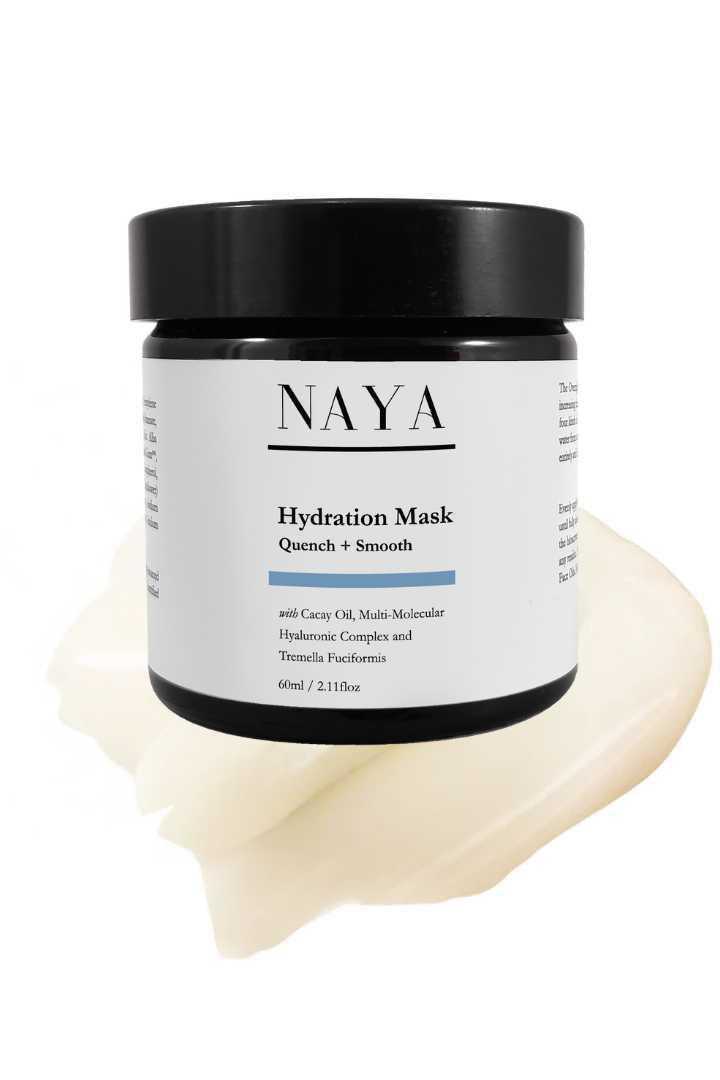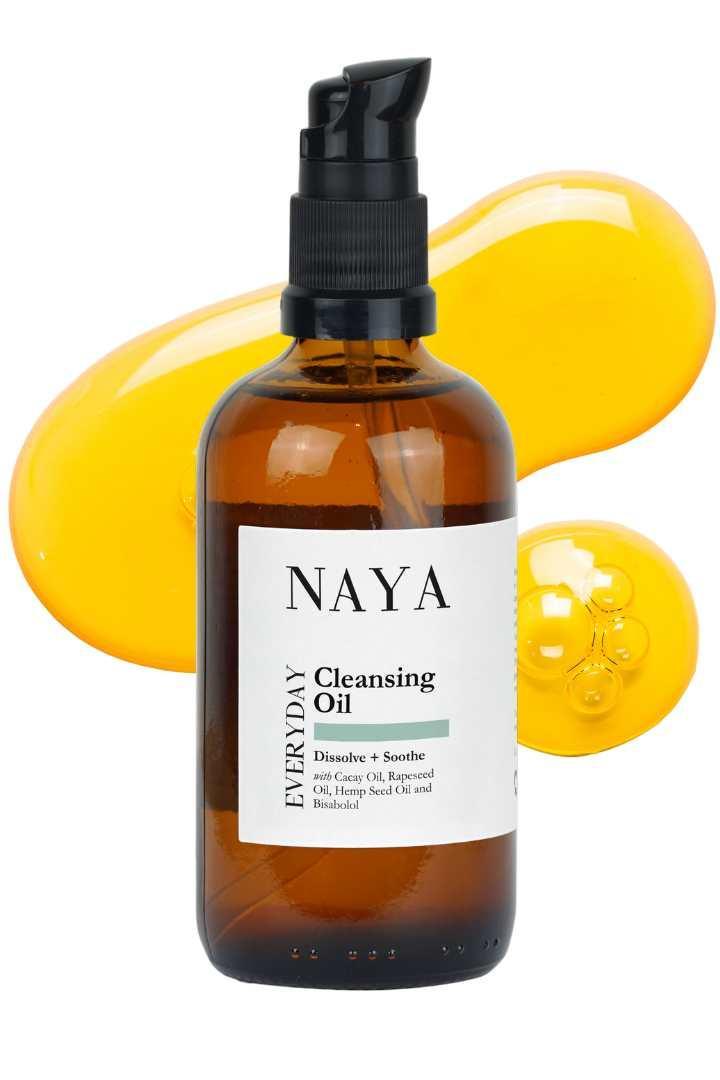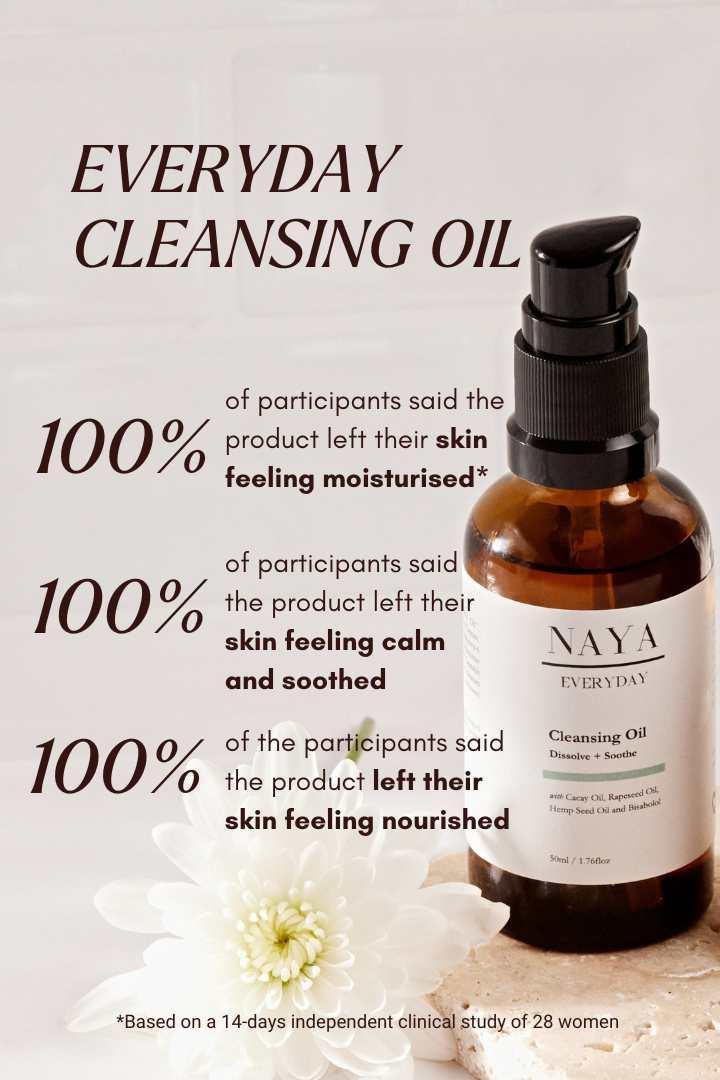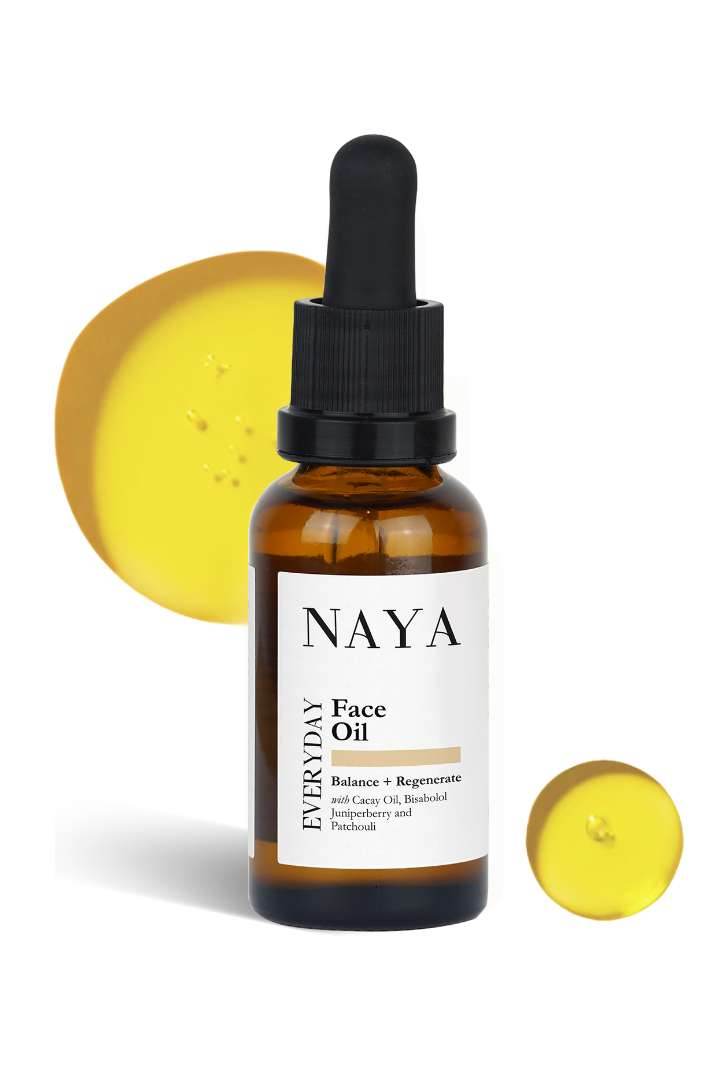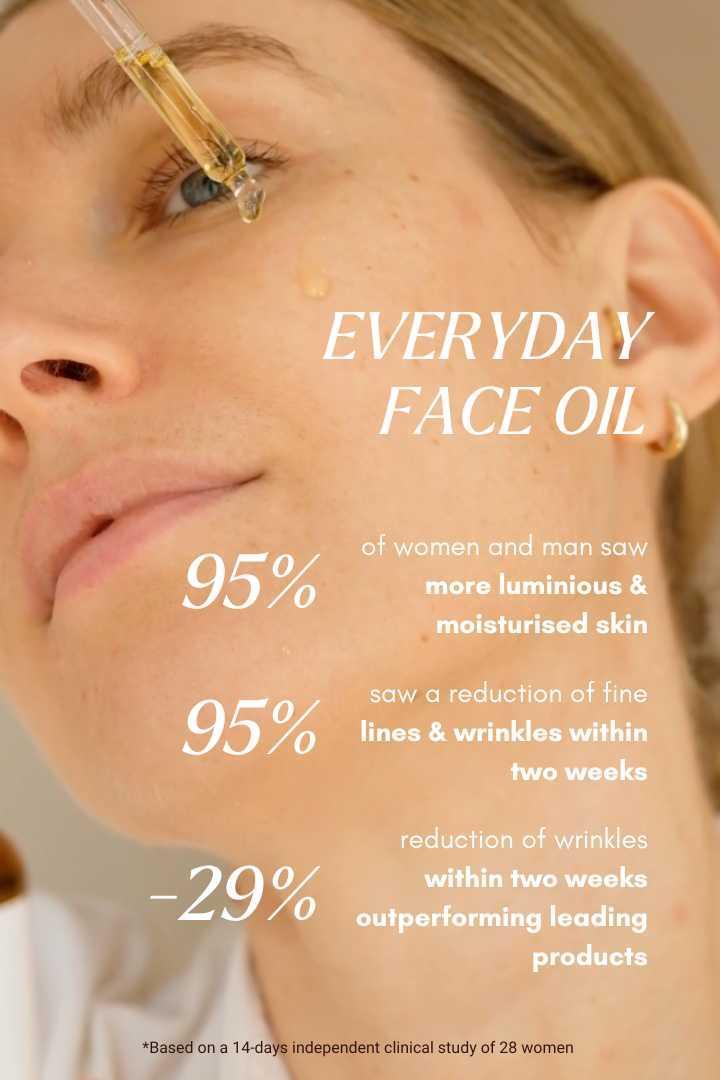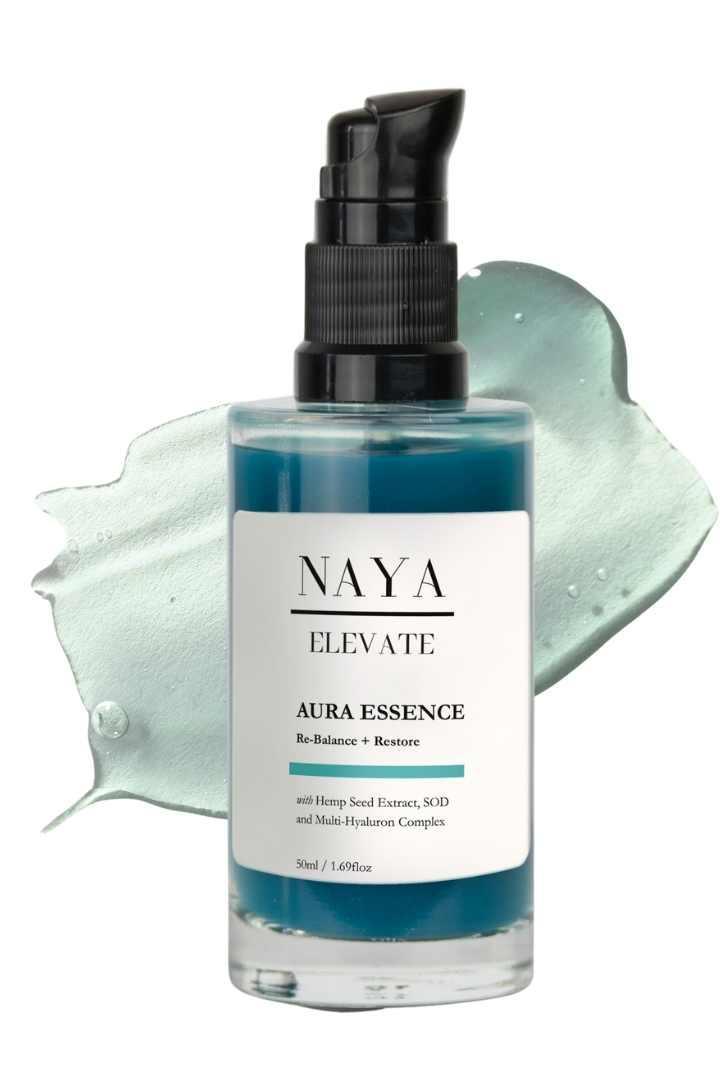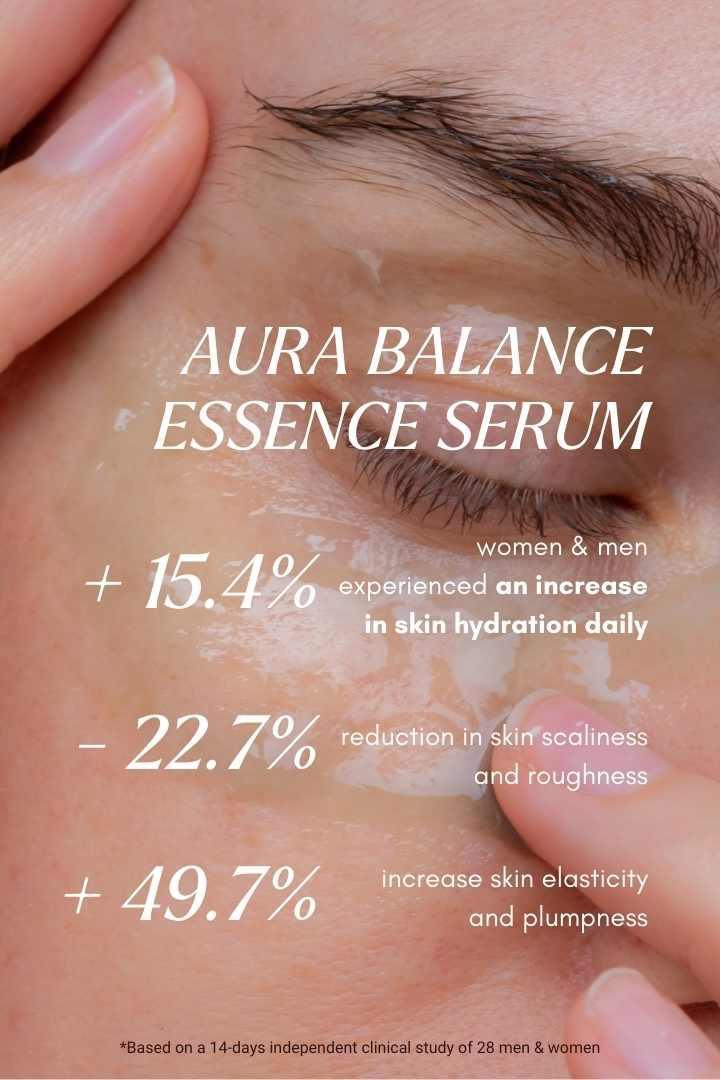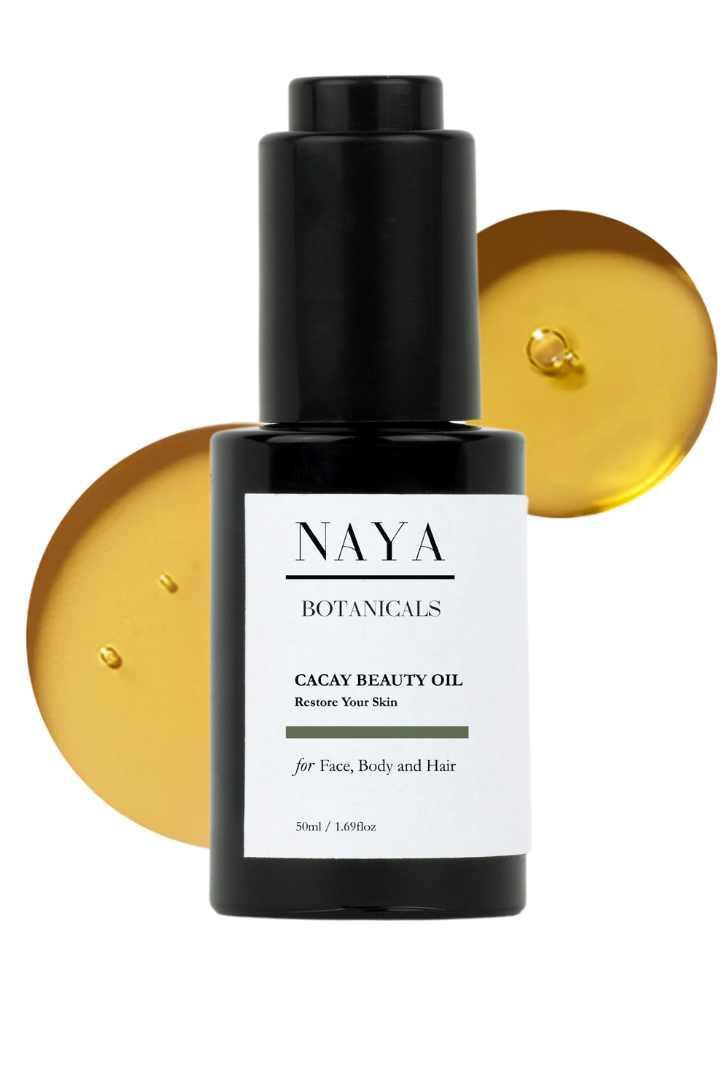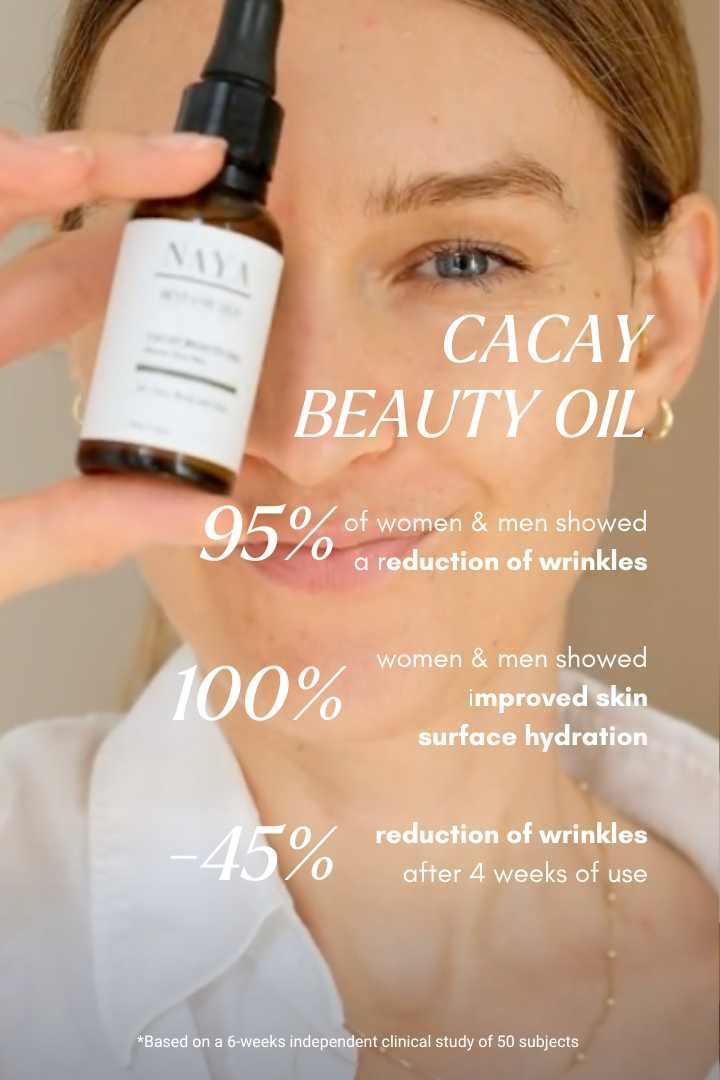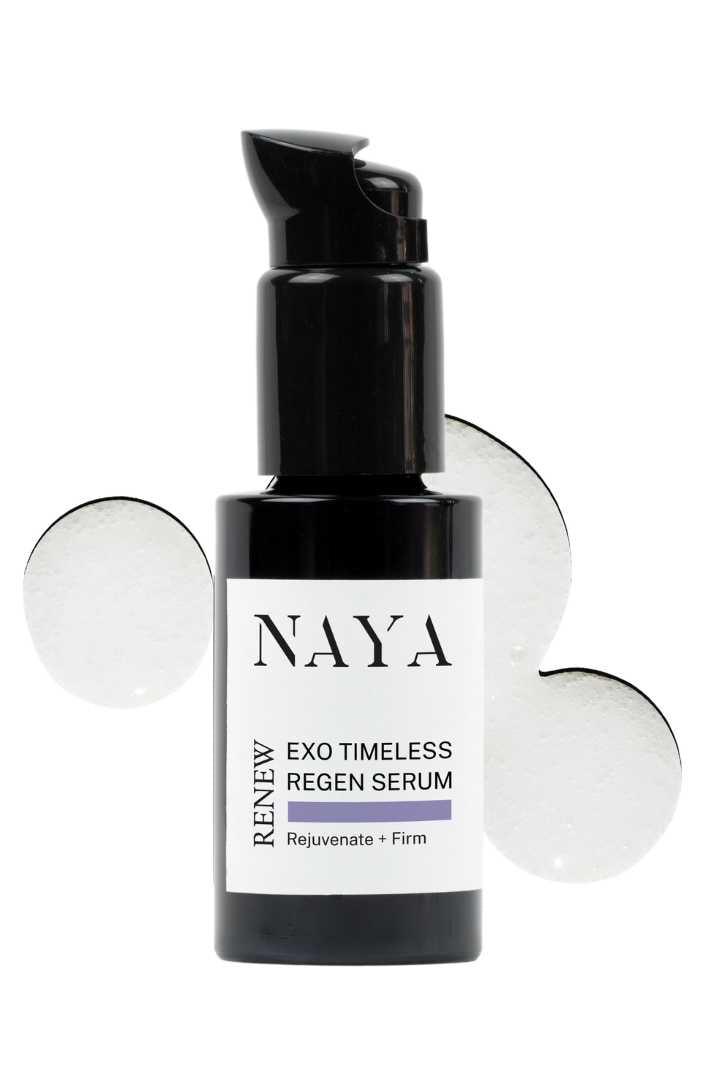WHAT MEANS DRY SKIN?
Your skin needs you. Dry skin is also referred to as a low-fatty-acid skin condition. It is usually also called problem skin, sensitive or sensitised skin. A greatly reduced sebum production makes the protective hydrolipid film of your skin unstable, as the water-binding property of the sebum is missing. That’s why your dry skin is often fine-pored, thin, scaly and also rough. And because it is so thin, it is also very sensitive. And it leaks hydration.

HOW DO YOU TAKE CARE OF YOUR DRY SKIN?
Your skin is very demanding and wants to be hydrated with sufficient moisture. Don’t expose your skin to water for too long so as not to further disturb the natural fattening of your skin. Especially during the colder months, sebum production is reduced even further and can affect the skin condition even more.
In order to bring your skin back to normal, it is important to replace the missing sebum. With a rich, targeted care, you can increase the fat content of your skin and protect it from further dehydration. Six valuable tips will help you.
OUR TIPS FOR DRY SKIN
Tip No 01: Avoid water
Less is definitely more here for your skin. Therefore, it is only enough to wash your skin in the evening before bed with a cleansing oil, for example. In the morning, a micellar water is enough. Read our article to learn more.
Tip No 02: Use lukewarm water.
Generally, the rule applies – don’t wash your skin with too hot water. But especially with your skin condition, warm water on the face should be avoided to best use cold water. Limit yourself to one 5- to 10-minute bath or shower daily. If you bathe more than that, you may strip away much of the skin's oily layer and cause it to lose moisture. Use lukewarm rather than hot water.
Tip No 03: Blend oil with your cream.
Oils that you integrate in your skin care can take over the function of the missing skin sebum and can thereby support your protective film and place a supple film on your skin. Use one of our Facial Oils on your face or enrich your cream.
Tip No 04: Use UV protection
Sun dries out the skin. An already dry skin, reacts more strongly to the sun. Therefore, it is best to always use an SPF with quality ingredients. We suggest to stay away from mineral-based sunscreen as zinc oxide can dry the skin even further putting more pressure onto the skin.
Tip No 05: Use a humidifier
A humidifier is not only good for your houseplants. Use a humidifier during the colder months. Set it to around 60%, a level that should be sufficient to replenish the top layer of the skin. While we might not enjoy humid countries, it does good for our skin.
Tip No 06: Avoid scratching
Never, ever scratch. Most of the time, a moisturiser can control the urge to itch. Instead apply a facial oil or cream, and you can also use a cold pack or compress to relieve itchy spots.





